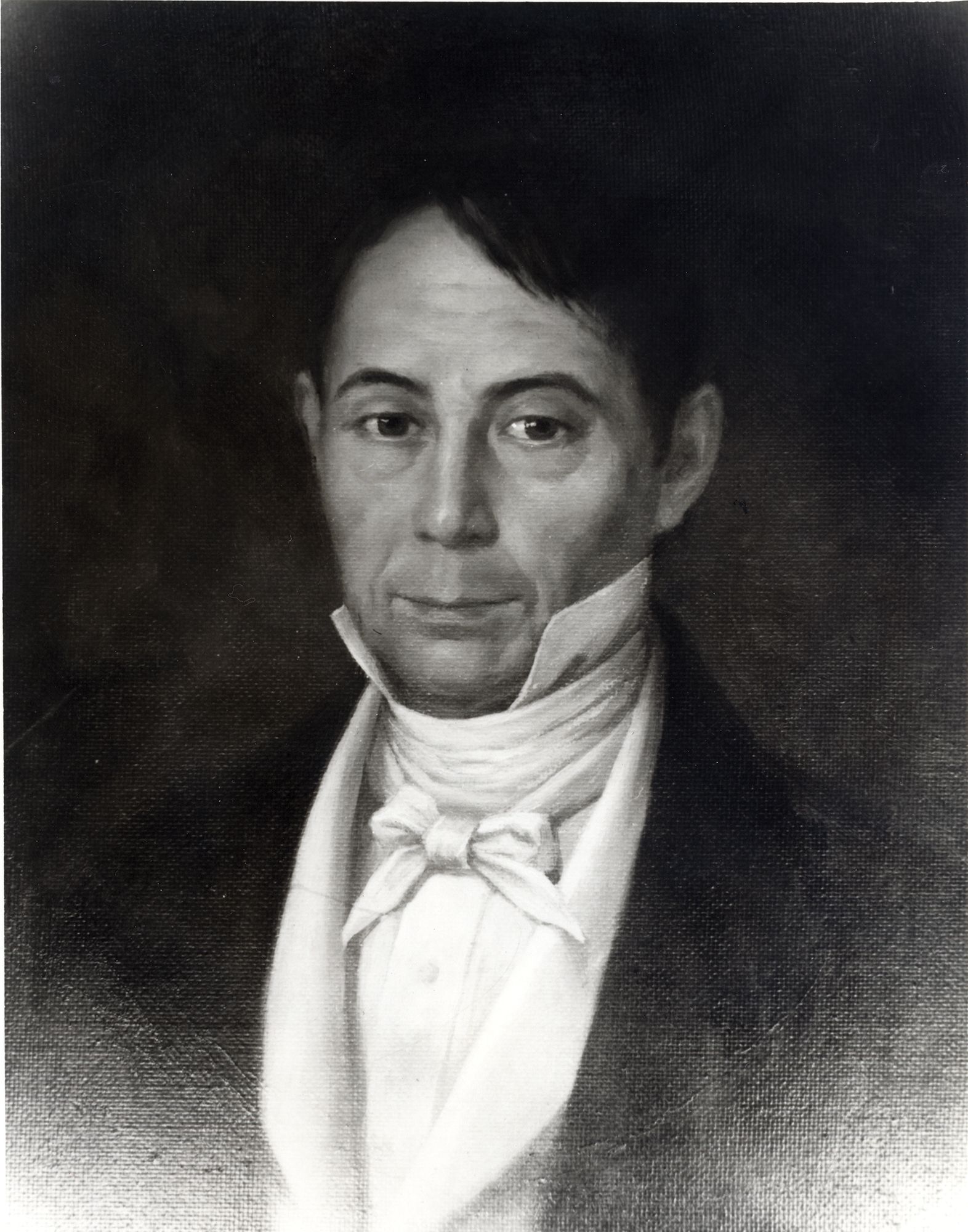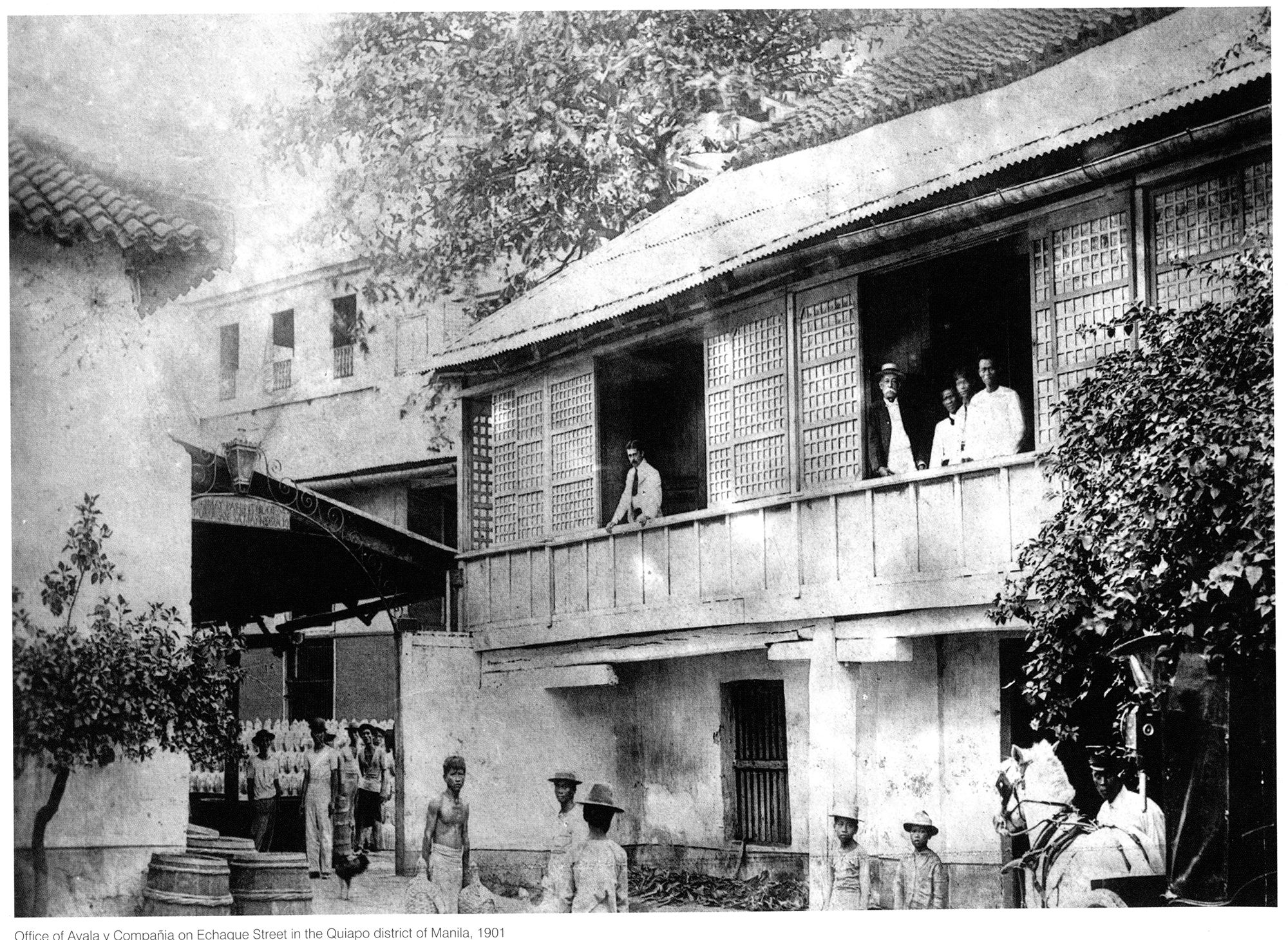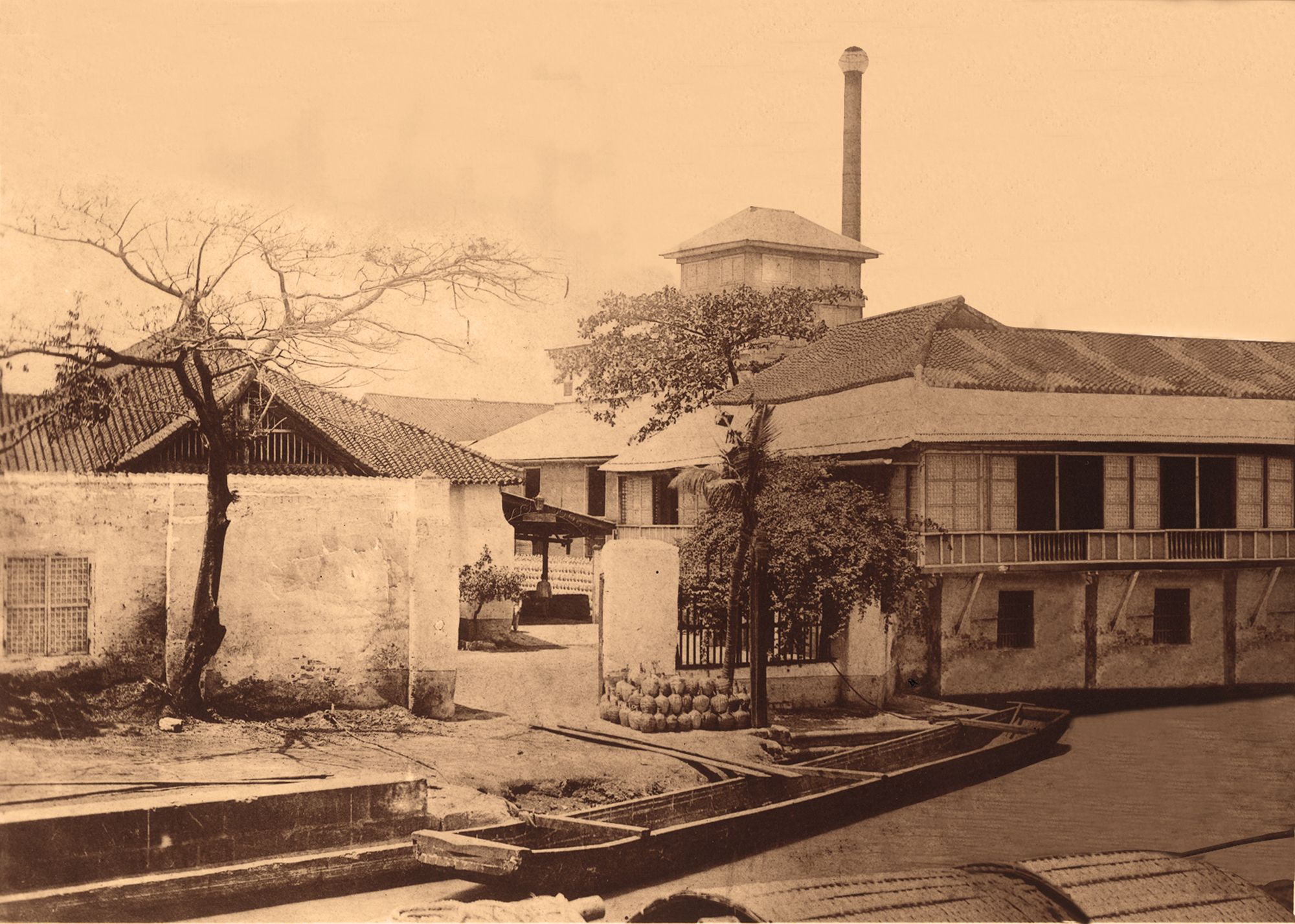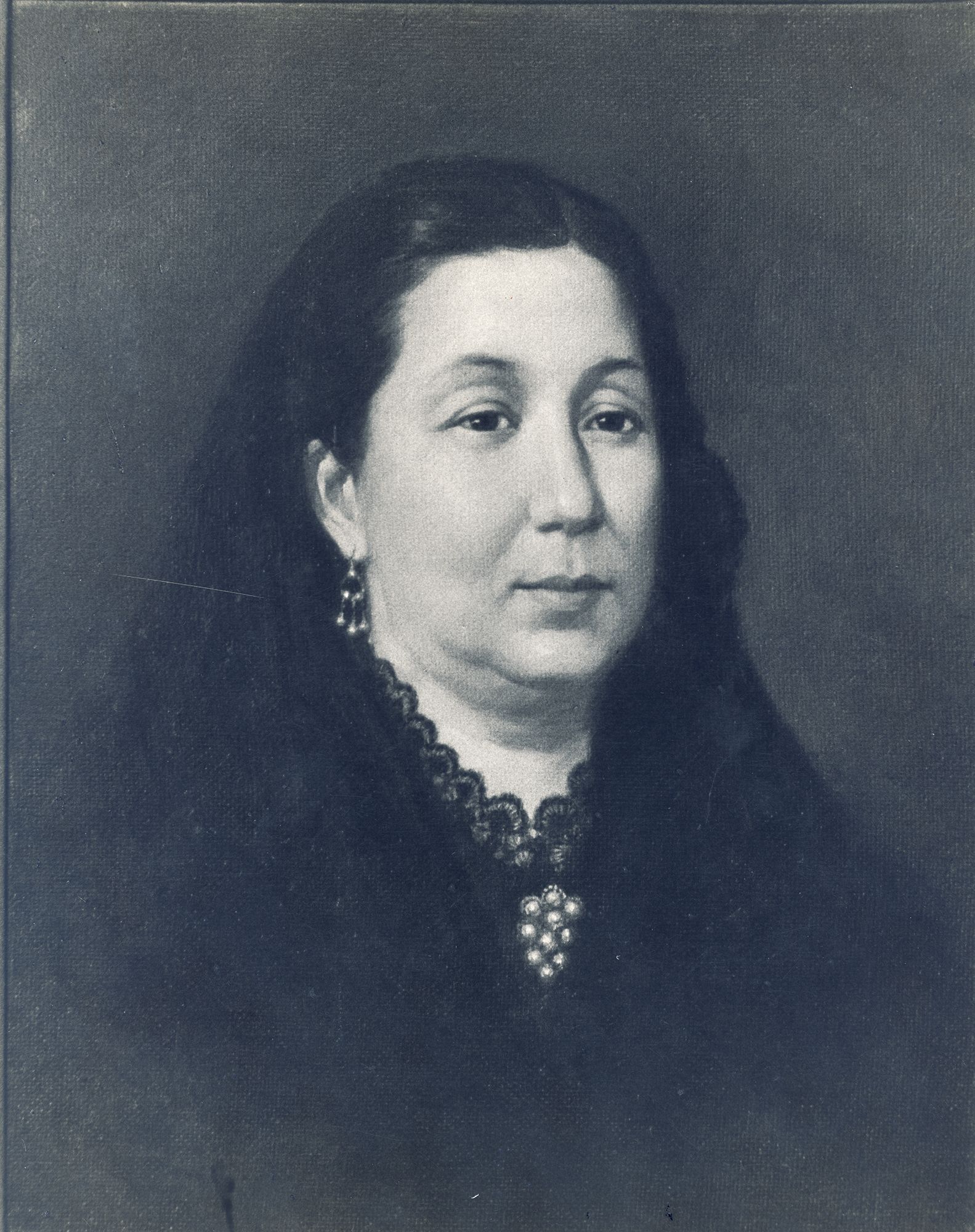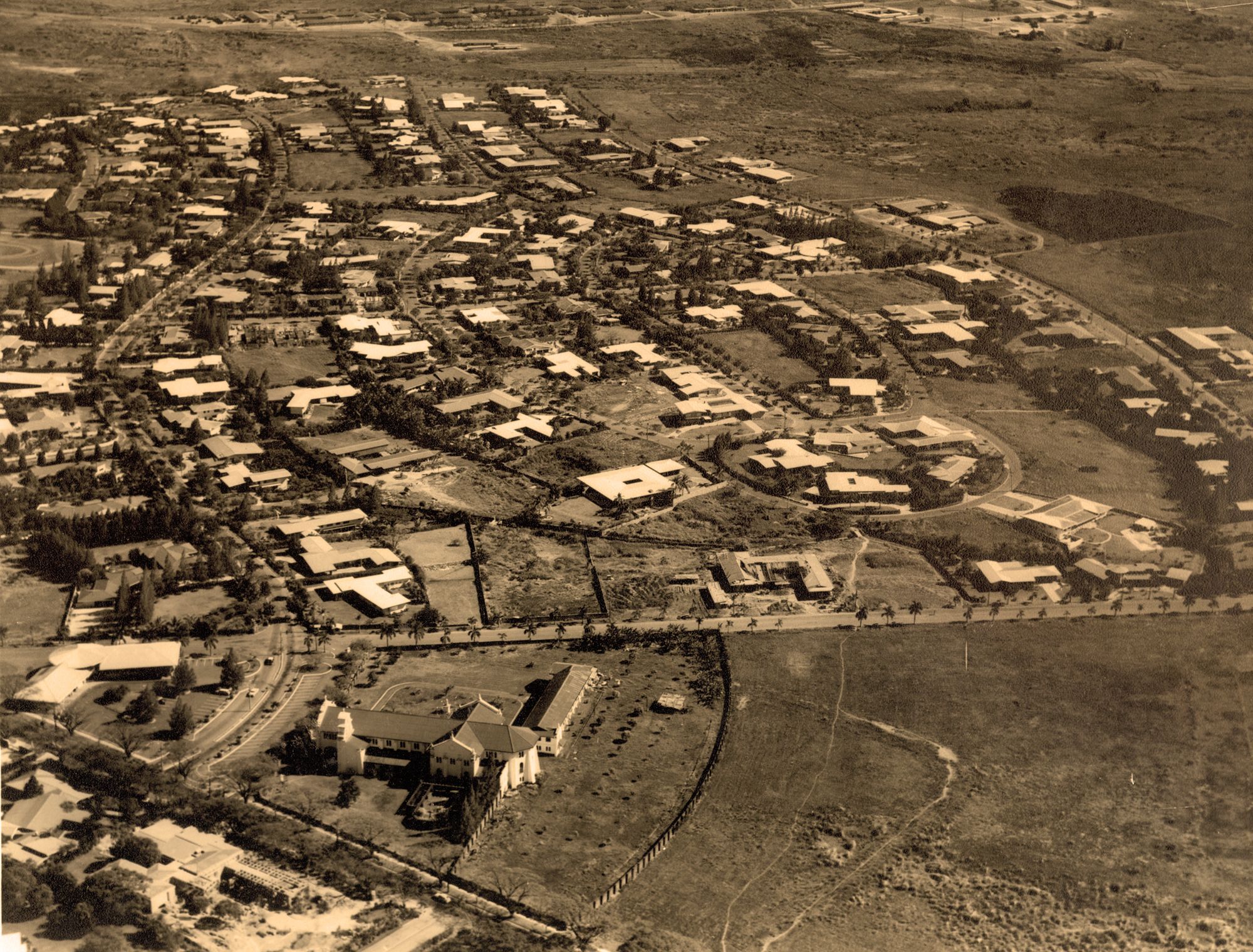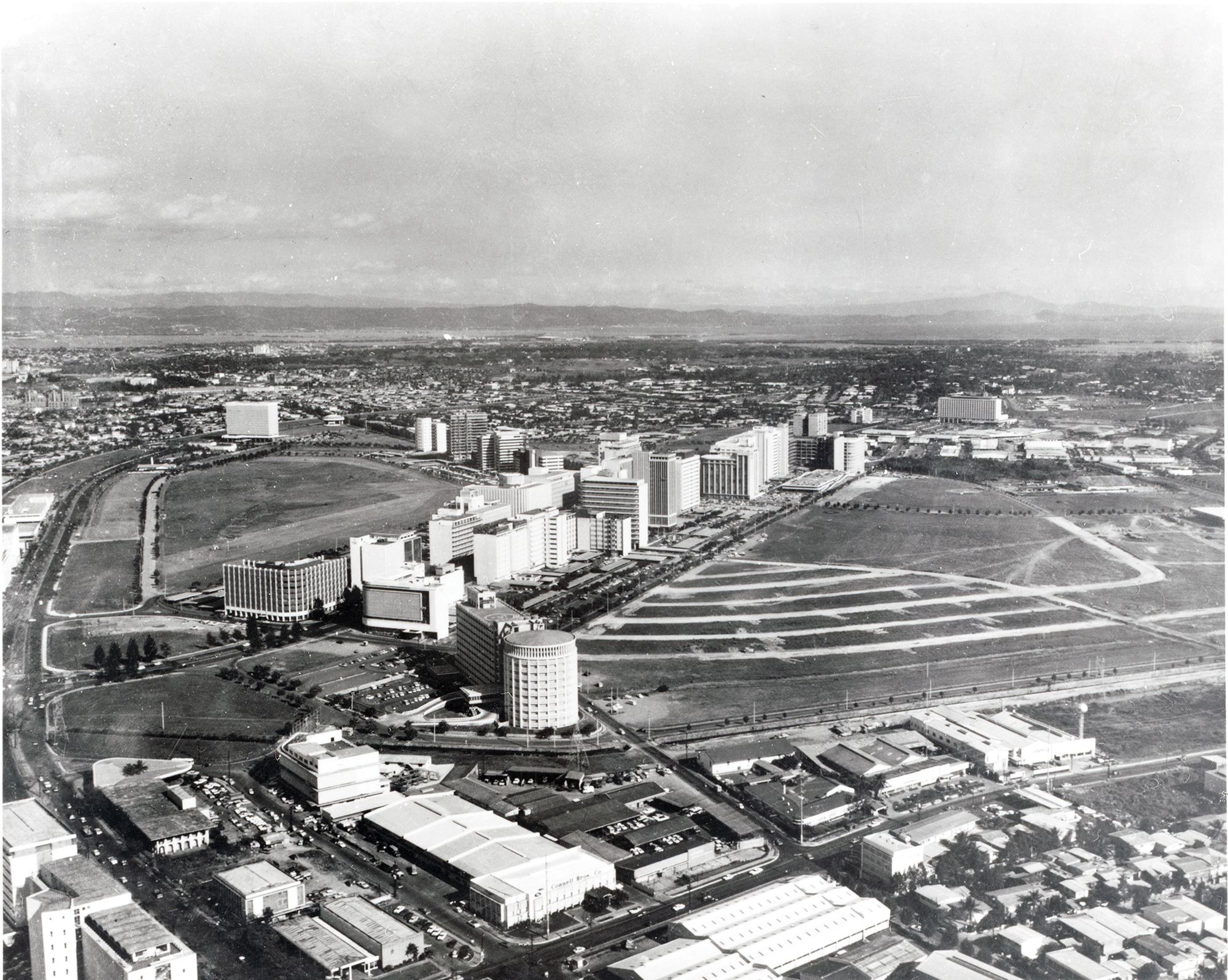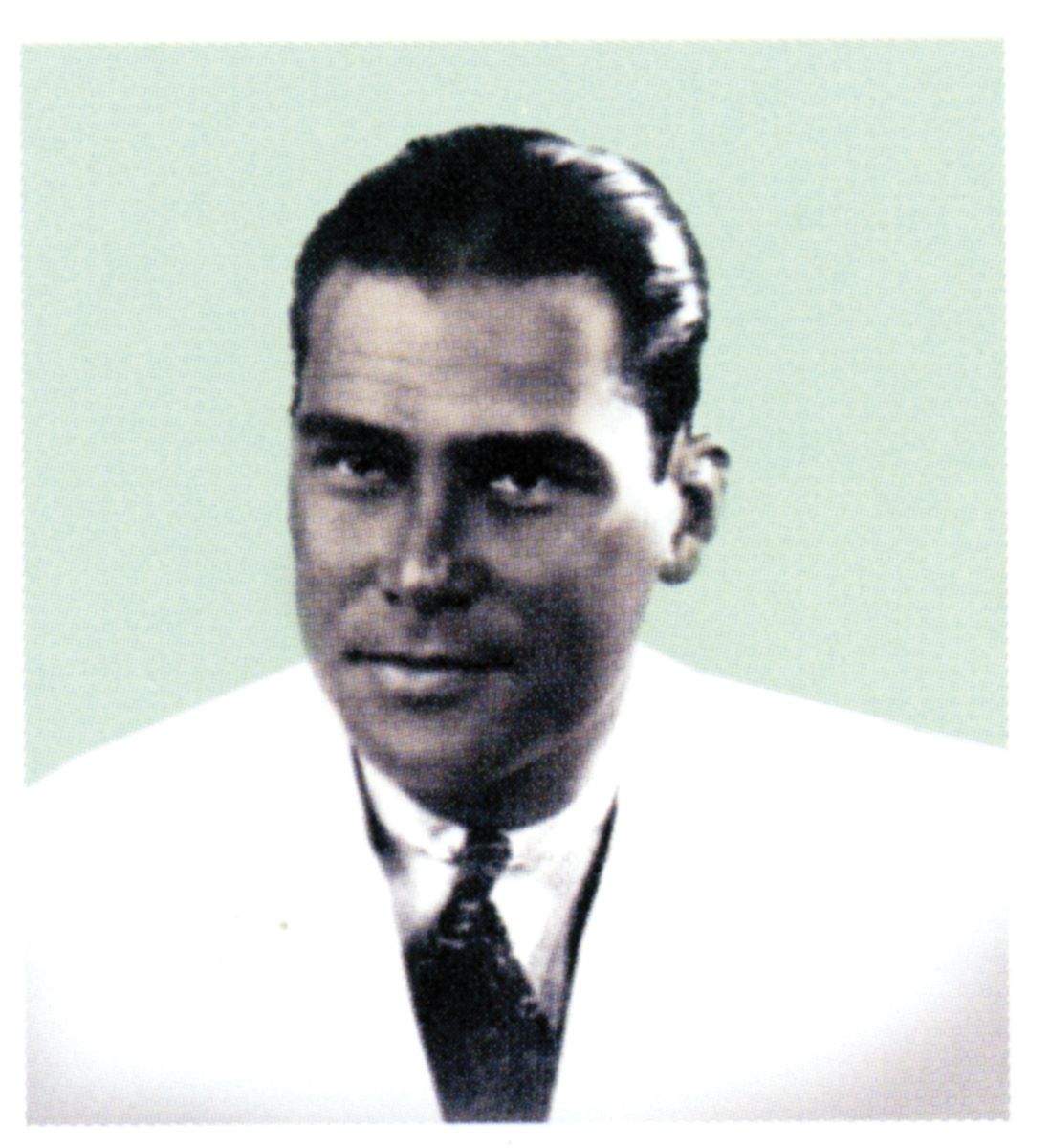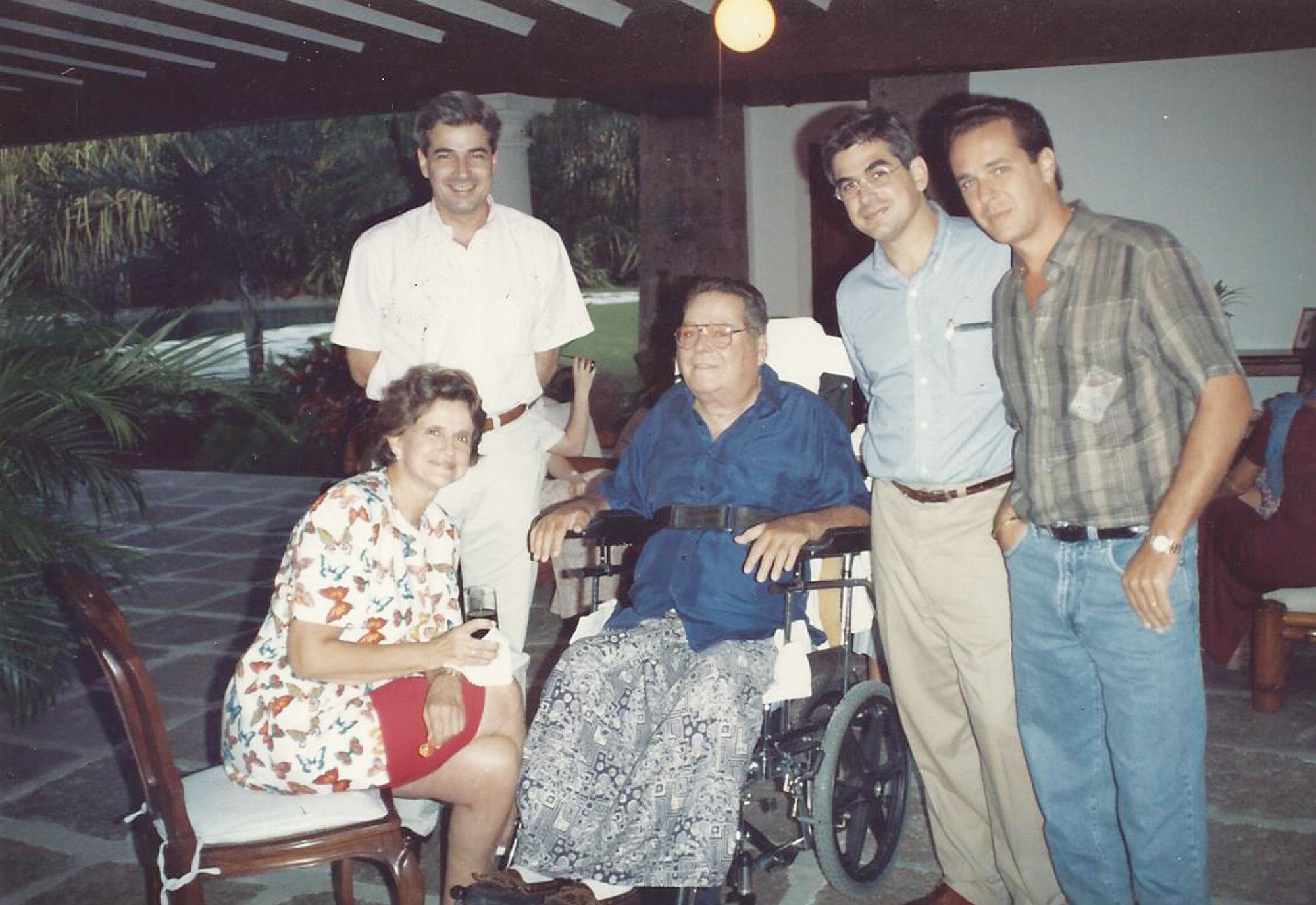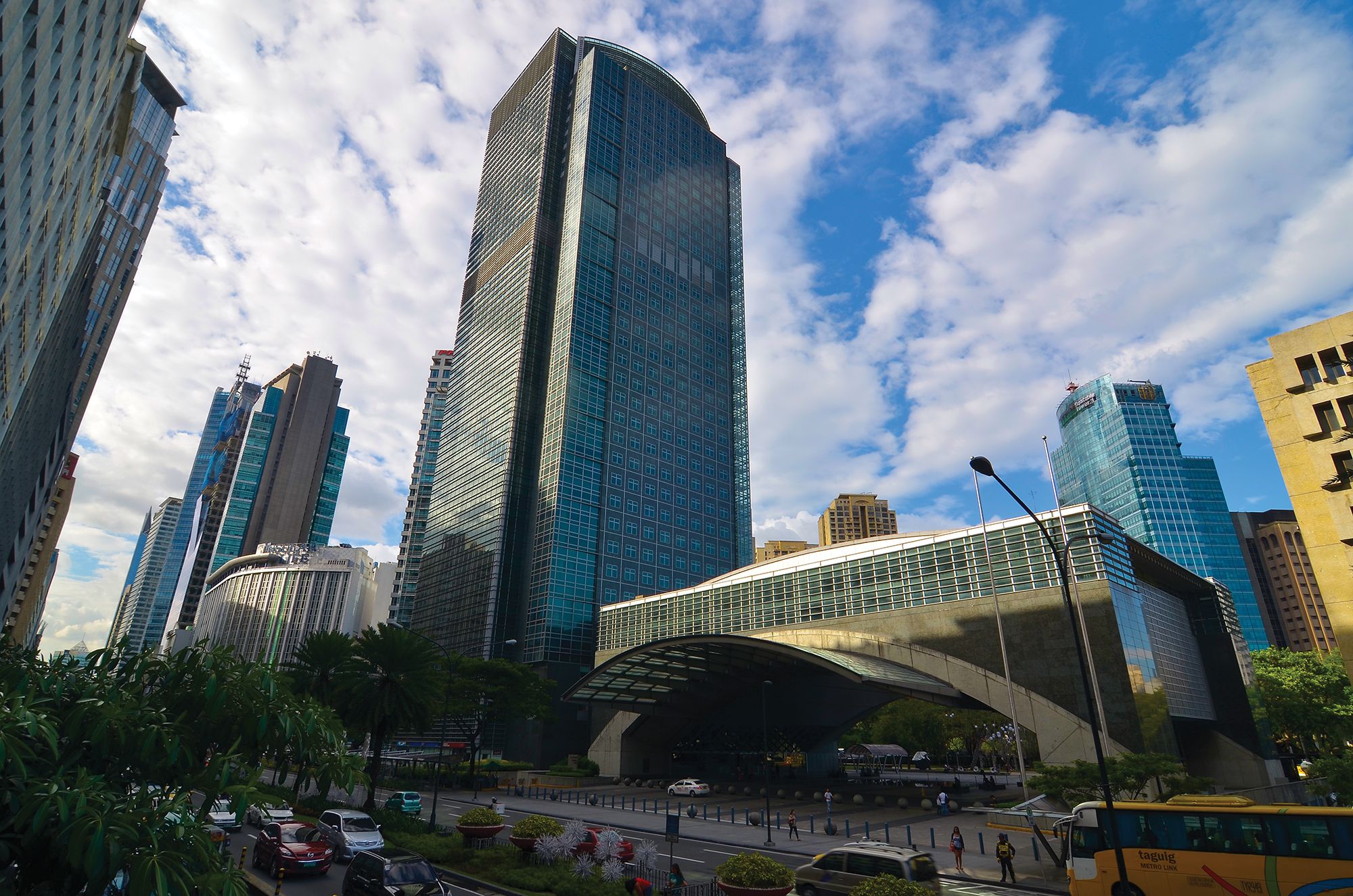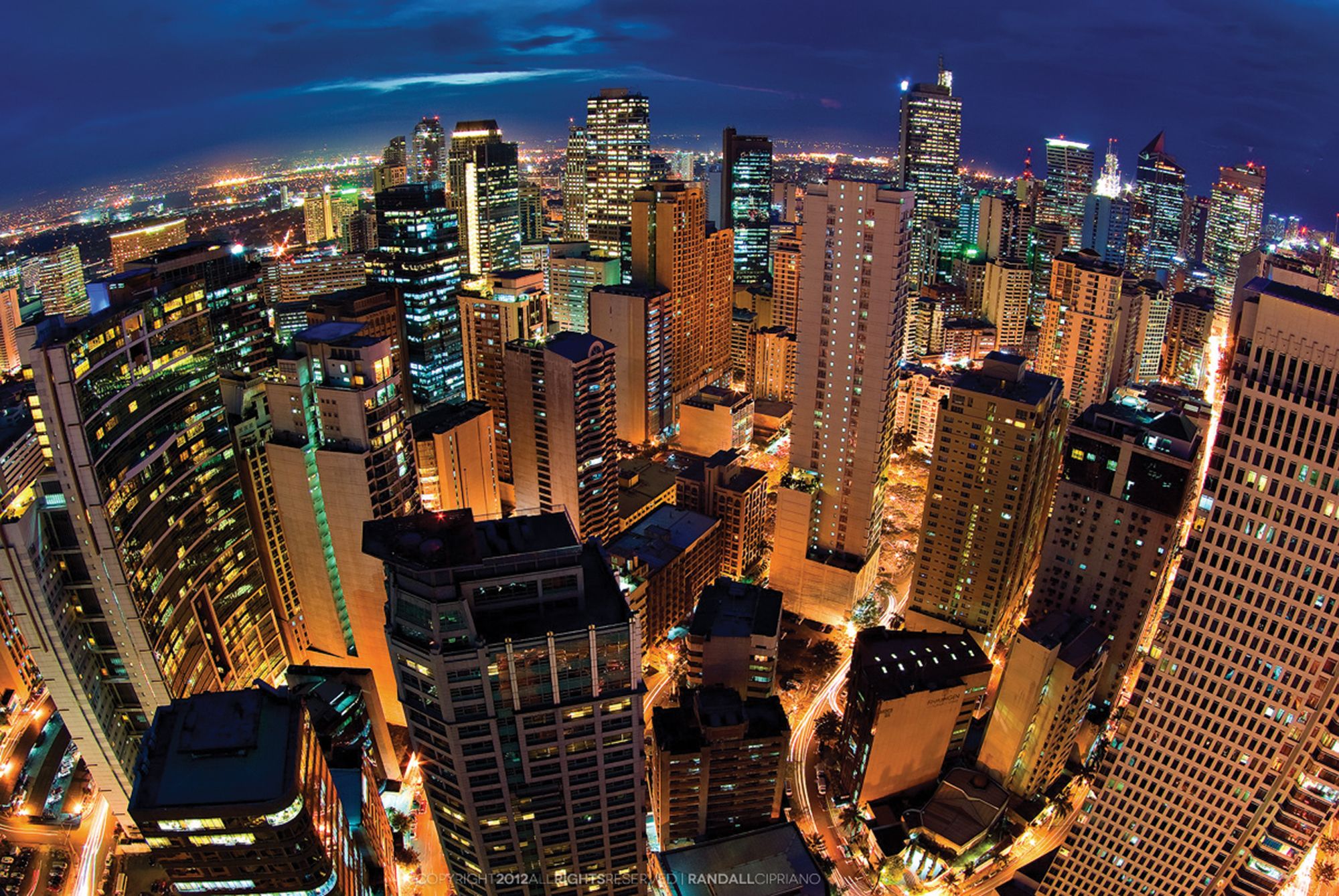It is a name synonymous with visionary leadership, exemplary management and innovative business practices — the very same values Ayala Corporation was founded on 180 years ago
This feature story was originally titled as The Power & The Glory, and was published in the April 2014 issue of Tatler Philippines. It was published online on the same month and was recently updated on March 23, 2020.
There is perhaps no better witness to the ups and downs of the country’s history than Ayala Corporation. Founded in 1834 when Spain opened Philippine ports to international free trade, it traces its roots to Casa Roxas, a company with interests in farming, manufacturing, mining and trading. Its pioneers were all visionaries with keen business acumen, foresight, and the courage to make decisions that seemed illogical then but have been proven brilliant today.
Today, Ayala is synonymous with social responsibility and sustainability, balancing business growth with caring for people and the planet. The oldest conglomerate in the Philippines has maintained a fresh, young perspective on the country’s future with its diverse interests—from traditional cash cows like real estate, property development, retail, water infrastructure and financial services; to the evolving telecommunications, electronics, and business process outsourcing industries; to sunrise ventures in renewable energy, information technology, and information management. But as Ayala continues to explore growth opportunities, it has maintained a keen sense of corporate citizenship and nationalism, well-aware that business is a critical partner in economic development.
SEE ALSO: Ayala Prepares 2.4 Billion Pesos To Support Its Partners & Employees Amidst COVID-19 Crisis
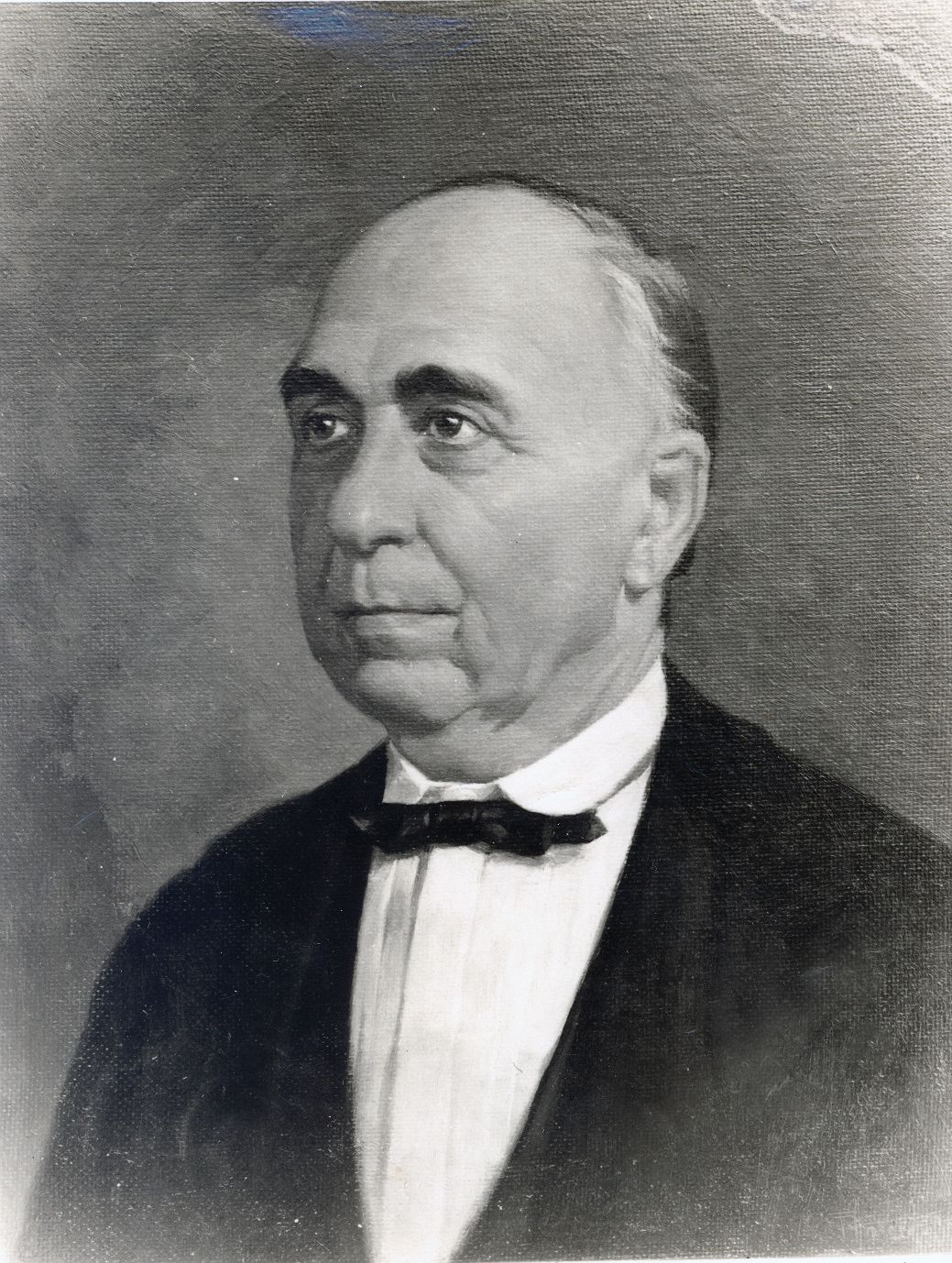
The founders of Casa Roxas, Domingo Roxas and the young Basque Antonio de Ayala, practiced what the world’s best business schools spend years teaching their students to this day: diversify company assets and turn each into a centre of profitability by creating more value for products. Roxas’ children—Jose Bonifacio, Mariano, and Margarita, who later married Antonio de Ayala—ran separate, but linked business interests, honing their business instincts through the years.
The Roxas siblings also realised that, in addition to nurturing a thriving business, maintaining an active social engagement was essential to networking and building lasting partnerships. Mariano was heavily involved in the arts, having helped establish the Academia de Dibujo y Pintura de Manila—which counted Juan Luna and Simon Flores among its students. Margarita headed an organisation that aided the poor and the sick and spent her free time visiting slum areas. She also donated a three-and-a-half hectare property to the Sisters of Charity, which was later converted into the Colegio de la Inmaculada Concepcion de la Concordia, known today as La Concordia College.

